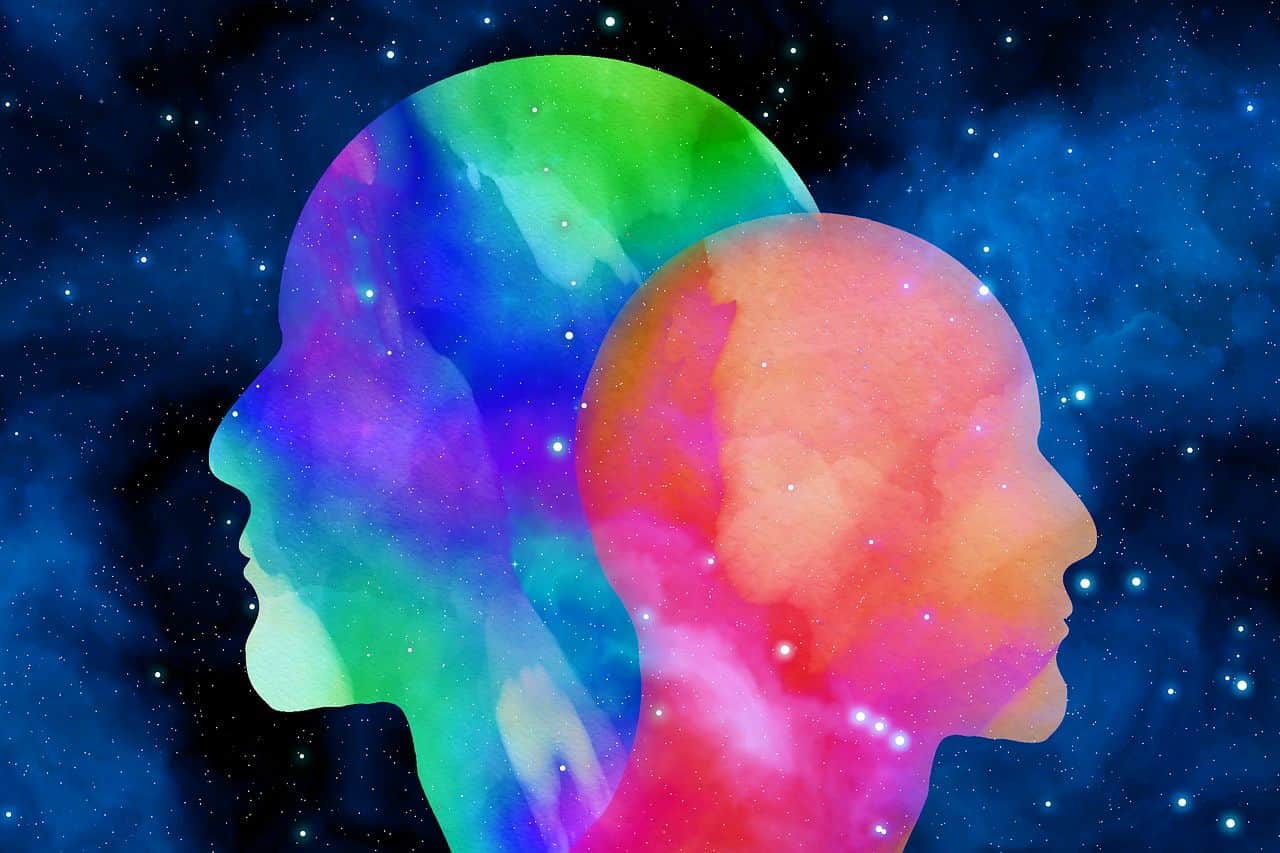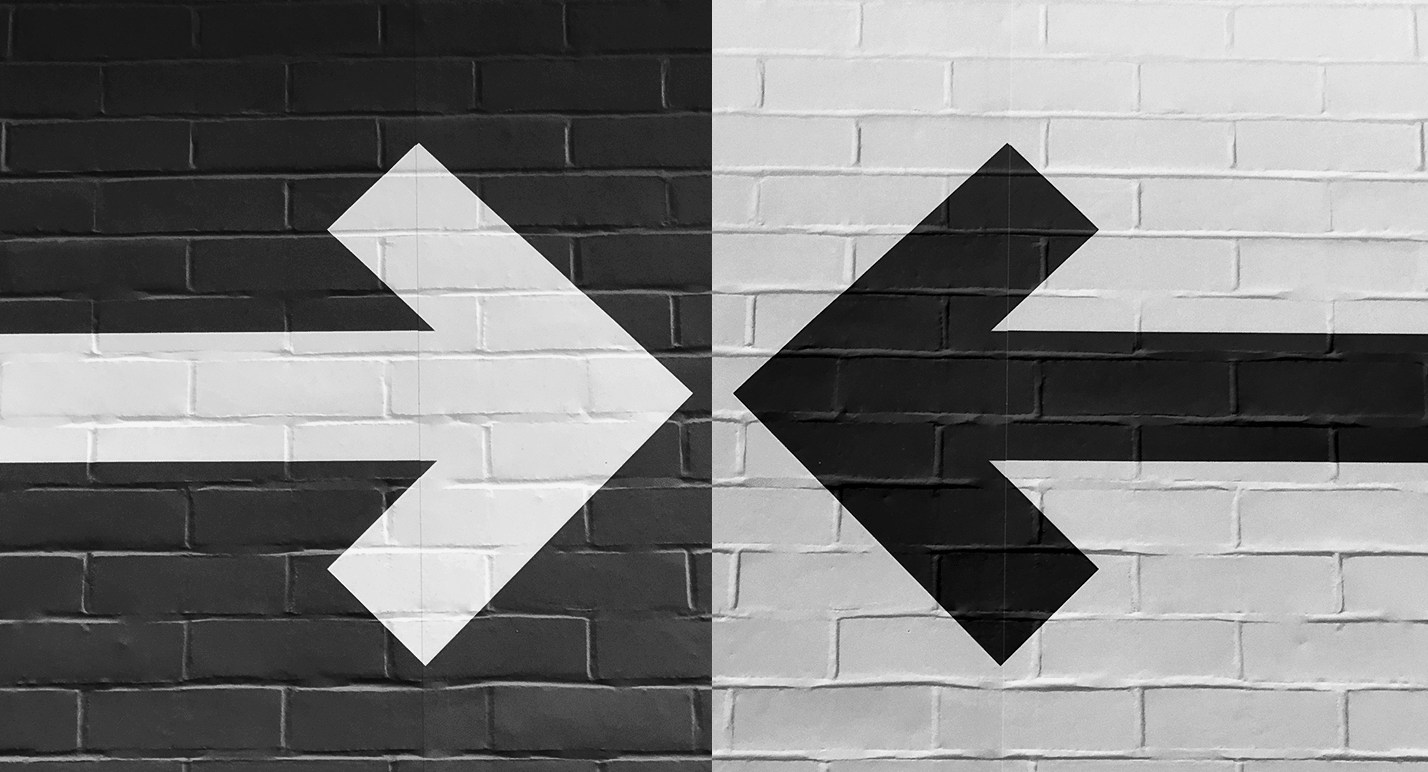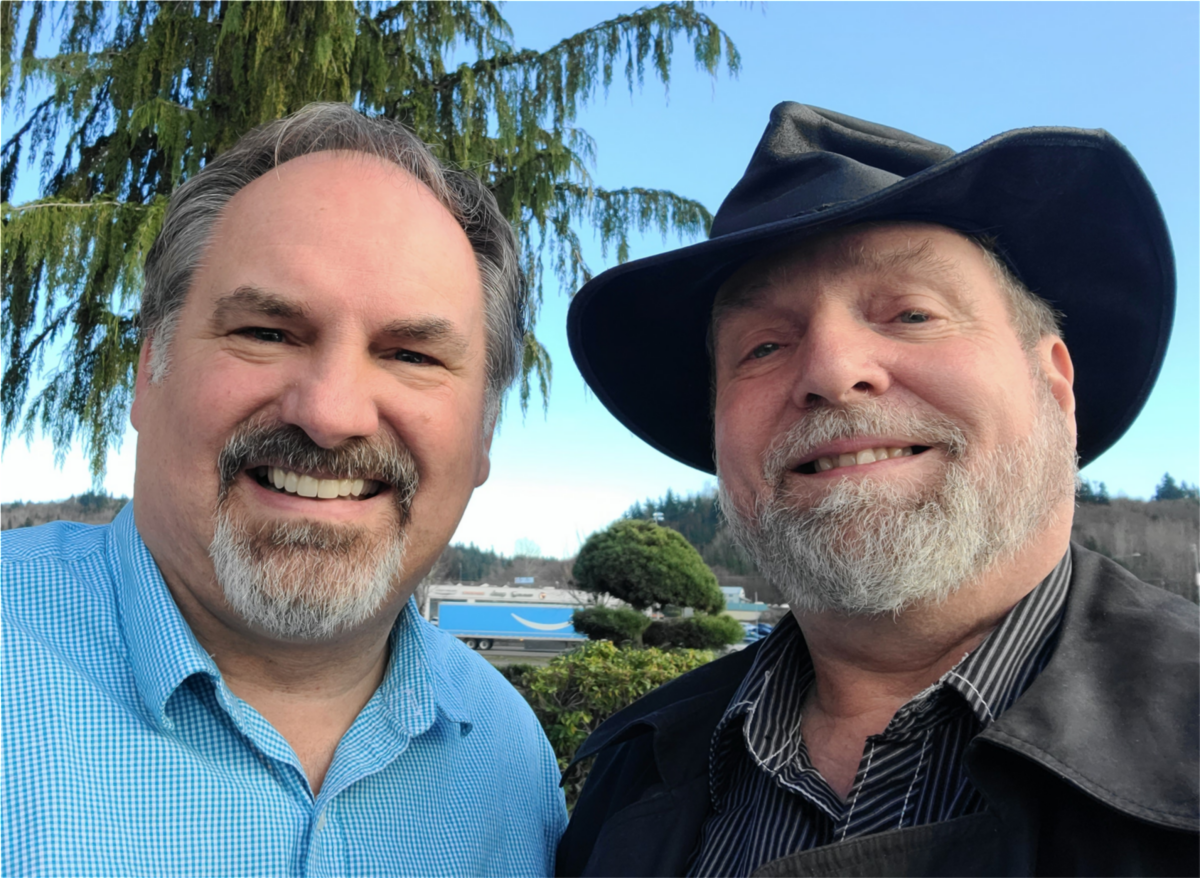There is a difference between the quantum self and the, shall we say, “normal self.” By normal self, I mean no disrespect. At this stage of human evolution there is a small but growing number of quantum selves emerging. As the human race continues to evolve the quantum selves will continue to emerge in the minds of humans, until one day, all of humanity will have evolved likewise.
Far from standard, because human beings are so diverse and no two of them are alike, this process of evolution can look varied, and at risk of oversimplifying or stereotyping, I have observed some generally markedly interestingly comparable characteristics, such as,
Average Self |
Quantum Self |
| Dualistic Perception:
The average everyday self tends to perceive reality through a dualistic lens, seeing things as separate and distinct entities. |
Non-Dualistic Perception:
The quantum self embraces a non-dualistic perception, recognizing the interconnectedness and unity of all things. |
| Materialistic Focus:
There is often a predominant focus on material possessions, external achievements, and societal expectations. |
Holistic Awareness:
There is an expanded awareness that goes beyond materialism, valuing personal growth, spiritual well-being, and the interconnectedness of mind, body, and spirit. |
| Limited Belief System:
The average everyday self may adhere to conventional beliefs and societal norms without questioning their validity or exploring alternative perspectives. |
Open-Mindedness:
The quantum self actively explores and questions existing beliefs and societal norms, seeking deeper understanding and alternative perspectives. |
| Ego-Driven Motivations:
Actions and decisions are primarily driven by the ego, seeking personal gain, recognition, or security. |
Higher Purpose and Authenticity:
Motivations are aligned with a higher purpose, driven by authenticity, personal growth, and making a positive impact on the world. |
| Linear Thinking:
Thought processes are often linear and logical, following established patterns and conforming to societal structures. |
Quantum Thinking:
Thought processes are flexible, nonlinear, and capable of embracing paradoxes and multiple possibilities simultaneously. |
| Reactive Behavior:
Responses to situations are mainly reactive, influenced by external circumstances and conditioned patterns of behavior. |
Conscious Response:
The quantum self responds consciously to situations, making choices based on inner wisdom, intuition, and a deep understanding of interconnectedness. |
| Limited Conscious Awareness:
The average everyday self operates predominantly from a surface-level awareness, unaware of the deeper layers of consciousness and spiritual dimensions. |
Expanded Conscious Awareness:
The quantum self operates from an expanded state of consciousness, tapping into higher levels of awareness, intuition, and spiritual insights. |
| External Validation:
Seeking validation and approval from others is a common trait, often relying on external sources for a sense of self-worth. |
Self-Validation:
The quantum self finds inner validation and self-acceptance, recognizing the inherent worthiness and embracing authenticity. |
| Fear-Based Mindset:
The average everyday self may be driven by fear, seeking security, and avoiding risks or uncertainties. |
Love-Based Mindset:
Love and compassion are guiding principles, transcending fear and embracing growth, connection, and the inherent potential within oneself and others. |
| Separation Consciousness:
There is a sense of separation from others and the world, perceiving oneself as an isolated individual rather than an interconnected part of a larger whole. |
Unity Consciousness:
There is a deep recognition of the interconnectedness of all beings and the oneness of existence, fostering empathy, and compassion for all life. |
| Linear Time Perception:
Time is perceived as linear and sequential, with a focus on past regrets or future anxieties, often neglecting the present moment. |
Non-Linear Time Perception:
Time is perceived as non-linear, recognizing the power of the present moment, and embracing the concept of past, present, and future coexisting simultaneously. |
Note that these characteristics represent a spectrum of possibilities. Individuals can exhibit a combination of attributes from both the average everyday self and the quantum self, and their positioning on this spectrum may vary at different stages of their personal growth and self-awareness journey. The key is to cultivate self-awareness, embrace curiosity, and actively explore the quantum self’s transformative potential.












